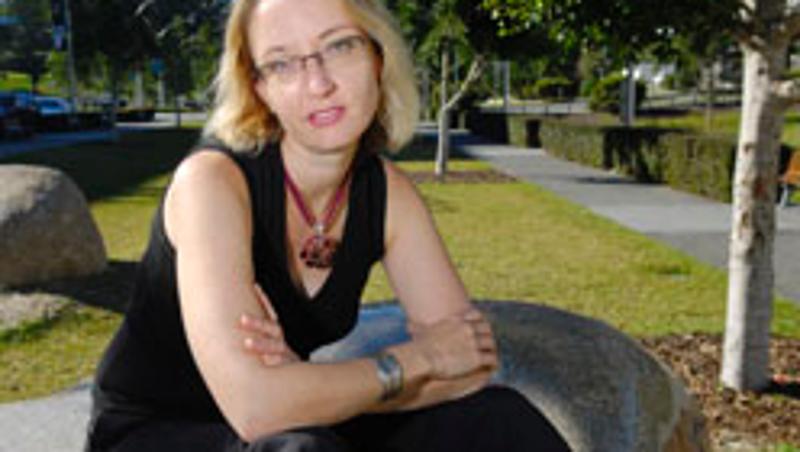
Current health campaigns telling people to exercise are missing their mark when it comes to people of a low socio-economic background, a Queensland University of Technology researcher has found.
Julie-Anne Carroll, a PhD candidate from the Humanities Research Program, has recently completed a study during which she interviewed people from lower socio-economic backgrounds to gauge their attitude to and level of physical activity.
She said there needed to be more practical intervention encouraging people to exercise, and more emphasis in the media on healthy living, rather than body image.
"I looked at perceptions and practices around physical activity, and then into the subjects' backgrounds to see if there was a link between their past experiences and their attitudes towards physical activity now," she said.
She said she found people felt "patronised" and overwhelmed by continual messages from advertisers and the government to get active, and that, while most saw exercise as a good thing, many saw serious exercise, like going to the gym, as a dream.
"This reluctance to be seen exercising in public was mostly caused by a poor body image," said Ms Carroll.
"A lot of these people had described very tough childhoods in very rough neighbourhoods, and exercise was low on their priority list, so when they started to think about health and exercise as young adults, they felt that it was too late to start.
"For people from disadvantaged backgrounds, more education is not the answer - they know what they are meant to do, but what is needed is intervention at a grass-roots level in the community to make exercise appear achievable, accessible, affordable, and less intimidating.
"For example, many seemed enthusiastic about community yoga or aerobics classes, walking groups and local sports games with people and neighbours they trust and have good relationships with, and saw this as quite different to the images they were used to, of a lycra-clad model running or on a gym machine."
She said exercise programs should be offered as a community service so that there was no cost issue, and things like childcare needed to be taken into account.
"Some of the stories these young people told about their childhood were quite harrowing, so now that they are at a place where they can make a new start they need practical support in making the transition to leading healthier and more active lives.
"They need to have assistance and practical help when it comes to getting them out there exercising and engaging with their neighbourhoods to be physically active.
"Blanket education messages just do not work. Intervention programs need to be designed with the histories and circumstances of poorer people in mind, and neighbourhoods need to be designed to break old cycles and patterns."
Exercise needs to be perceived as something not just for the rich and the thin, and options need to be local, affordable, safe, and family friendly, she said.
Media contact: Sharon Thompson, Media Officer - 3138 4494 or sharon.thompson@qut.edu.au
**Hi-res pic available for media


